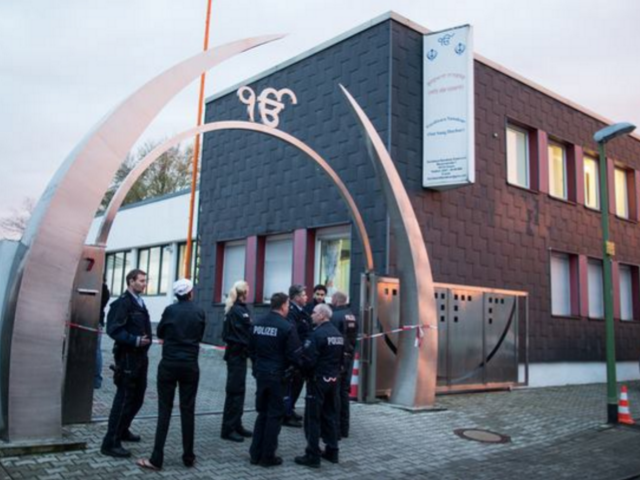Another suspect has been arrested in connection with the Sikh temple bombing and may prove the attack was planned by a Salafist group, rather than by lone-wolves.
The public prosecutor in Münster has announced the arrest of a new suspect who is said to have been involved in the planning of the Sikh temple bombing that injured several people in Essen, Germany.
The 20-year-old, who is a German of Turkish decent, is accused of helping the attackers plan the bombing and was arrested in March in connection with his membership to a group sympathetic to terrorists. Authorities say that the arrest proves a larger conspiracy of young Salafist Muslim extremists, contradicting initial reports that the pair who carried out the bombing had acted alone, WAZ reports.
The Islamist network is said to operate in several German cities including Essen, Duisburg, Dinslaken-Lohberg, Schermbeck, Gelsenkirchen, Münster and Hildesheim. Prosecutors say that the network consists of young Muslim men and boys who, like the two bombers, were likely radicalised by a mixture of Salafist preachers and Islamic State propaganda online.
The man arrested followed a similar story of many young radicalised Muslims who attempted unsuccessfully to join the Islamic State in Syria. Police say that the man was about to make the journey three weeks before the temple attack, but was turned in by his mother. The story parallels both that of the 15-year-old girl who stabbed a policeman in Hanover and a 13-year-old boy who was also caught attempting to flee to Syria to join Islamic State.
Police say they were able to link the suspect to the Sikh bombing after an exhaustive search of the man’s home. Spokesman for the prosecutor, Martin Botzenhardt, said that though the man had been in custody since March, “we have found extensive evidence after the arrest and did not want to jeopardise our investigation results”.
According to Mr. Botzenhardt, ample evidence of radicalisation was found both on the suspect’s computer and mobile phone. It wasn’t until later, after recovering the phones and computers of the pair who committed the attack, that associations were able to be established. The bombers’ mobile phones and computers had contained not only Islamic State propaganda videos, but police also recovered video footage of them preparing explosives and practising for the attack.
The accused has maintained that he was not part of the attack. He remains in police custody while a search warrant of his home has been extended.

COMMENTS
Please let us know if you're having issues with commenting.